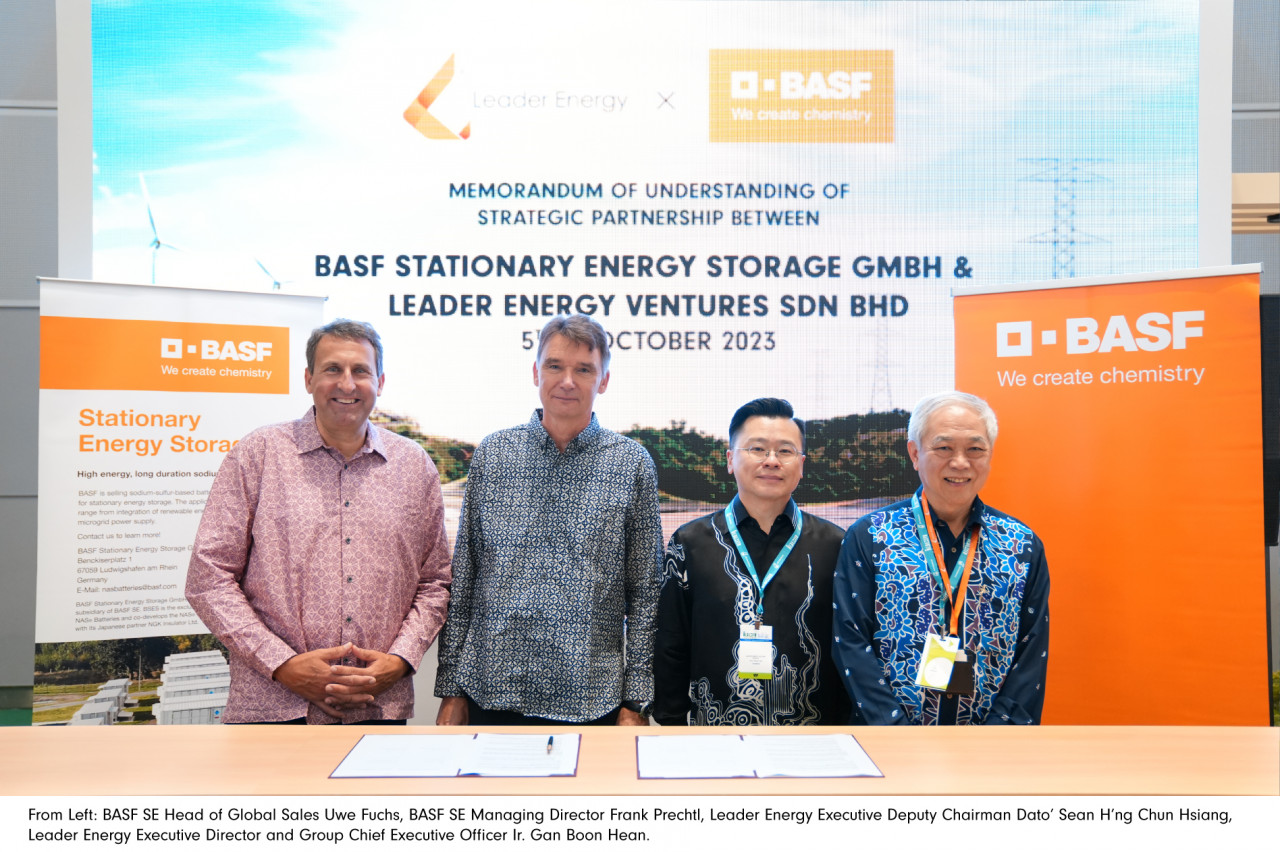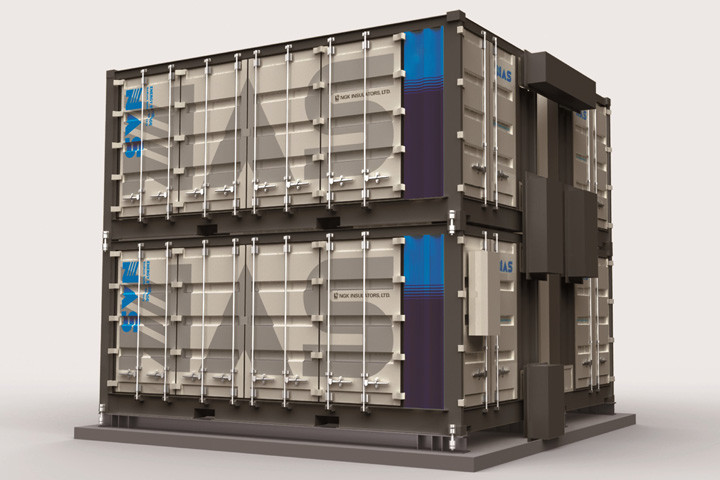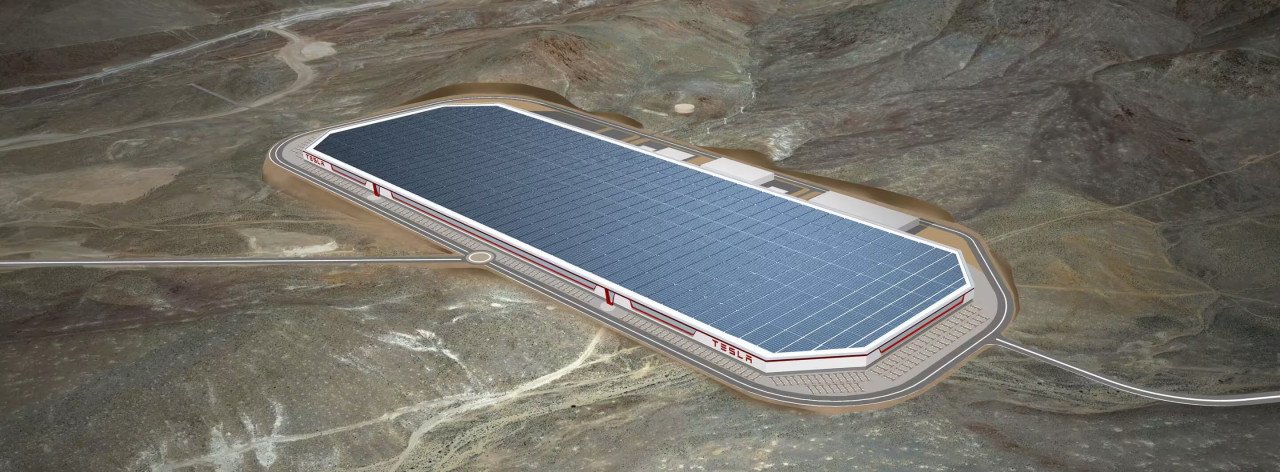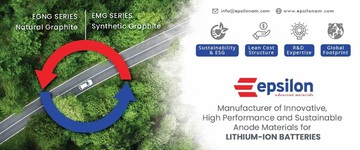NGK receives order for 230 MWh NAS batteries for German green H2 project
Japanese firm NGK Insulators has received an order from BASF Stationary Energy Storage GmbH (BSES) for its proprietary sodium-sulphur (NAS) batteries for a large-scale green hydrogen production project developed by HH2E.
The order includes a total capacity of more than 230 MWh reserved by HH2E for the said project currently under development on the Baltic Sea shore in the north of Germany. Initial delivery of the order includes 72 containerized NAS battery systems of 18 MW and 104.4 MWh capacity.
The batteries will be charged with intermittent renewable energy sourced from solar and wind farms in the region, only to power the electrolyzer for the green hydrogen production process, ensuring efficient utilization of renewable energies and stable green hydrogen production.
NAS batteries, capable of high-capacity and long-duration discharge, are well-suited for shifting peak loads over an extended period using electricity derived from renewable energy sources, according to the manufacturer.
The battery technology's track record, safety and high reliability as energy storage technology have been highly evaluated, leading to their adoption in this project, the company added. This is perhaps the first commercial adoption of NAS batteries for green hydrogen production projects.
It is to be noted that NGK and BSES established a sales partnership agreement for NAS batteries in 2019 and have expanded NAS battery sales through BASF's global sales network. NAS batteries are used in various applications including those that involve stabilizing renewable energy, balancing electric power demand and supply, and serving as emergency power sources.
NGK claims that NAS batteries have so far been installed in over 250 locations around the world and have a stable operational track record of more than 20 years. The company vows to continue its partnership with BSES to further promote marketing and sales activities for NAS batteries, contributing to the expansion of renewable energy introduction and the realization of carbon neutrality globally.



















